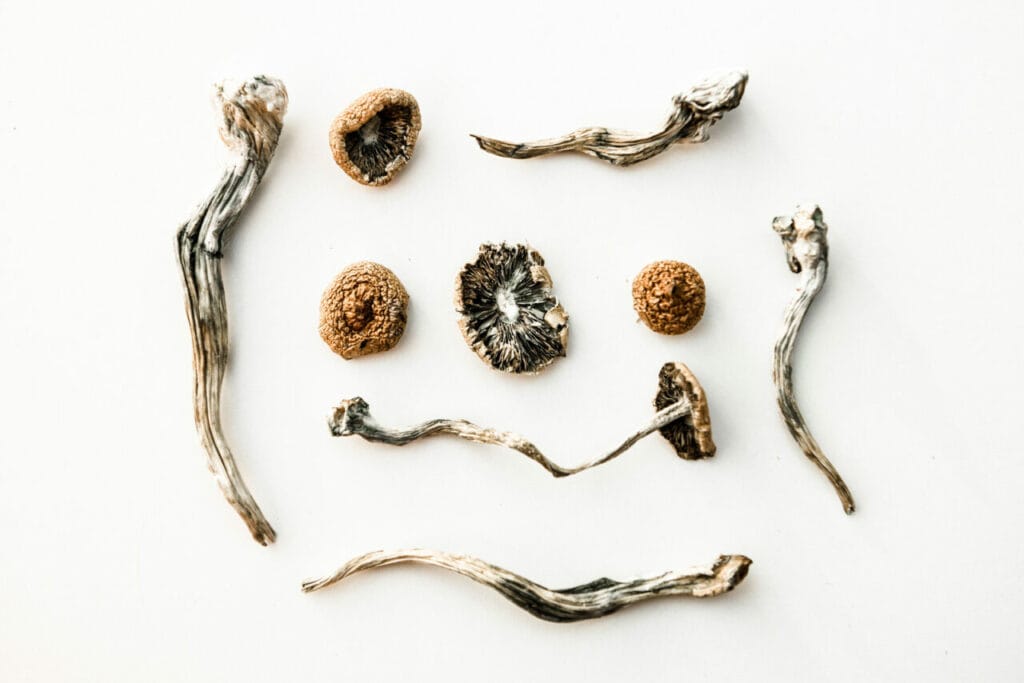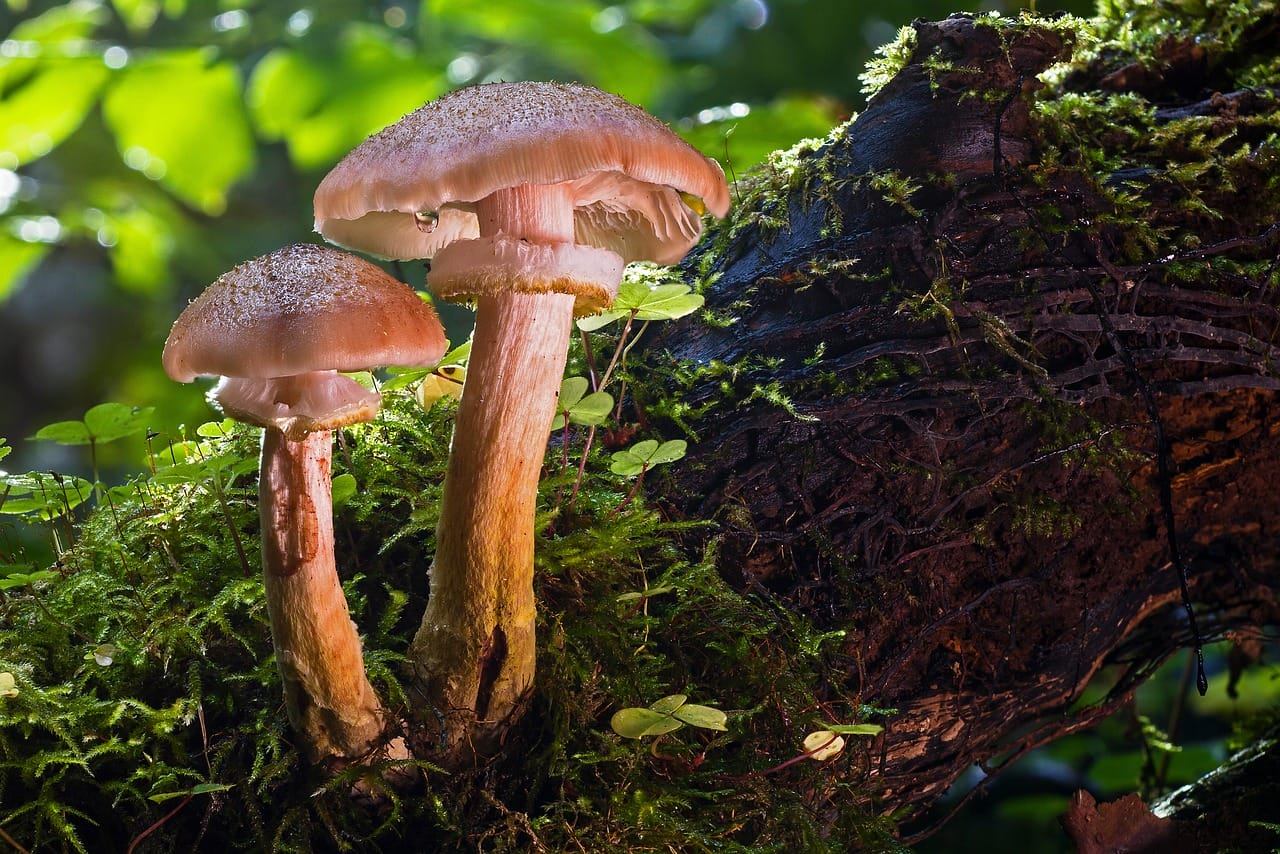Many Canadians initially viewed magic mushrooms as a psychedelic substance primarily used for recreational purposes. However, upon investigating the active compound, psilocybin, scientists discovered its impressive effectiveness in treating various mental health disorders.
As we gain more information, our understanding of psilocybin’s uses also broadens. With increasing awareness, it becomes easier for people to access these products via magic mushroom delivery services. A recent research study underscores its role in human consciousness. Could this be the key to its profound impact on the human brain? Let’s delve into this captivating exploration of magic mushroom products.
Key Points:
- The influence of psychedelic magic mushrooms on the cognitive functions of early humans may have contributed to their survival.
- Mushrooms play a significant role in neurological health as they can alleviate symptoms of PTSD, depression, and anxiety.
- The impact of psilocybin on consciousness and brain function could have amplified creativity, introspection, and abstract thinking.

Historical Use and Significance of Magic Mushrooms
Historical records indicate that our ancestors have been leveraging the power of psychedelic magic mushrooms since ancient times. Indigenous societies utilized them in sacred rituals and traditional ceremonies to honor their gods. These mushrooms flourish worldwide, especially in subtropical and tropical areas, such as South and Central America, the Caribbean, Southeast Asia, and Africa.
The Role of Shrooms in Ancient Civilizations
The Indigenous populations of Mexico have relied on these fungi for spiritual enlightenment, divine connection, and religious ceremonies since time immemorial. The Aztec Indians of South America called it “God’s Flesh” and incorporated it into healing rituals.
Archaeological evidence points to usage as far back as:
- Around 10,000 years ago in Australia
- Approximately 7,000 years ago in North Africa
- About 6,000 years ago in Spain.





